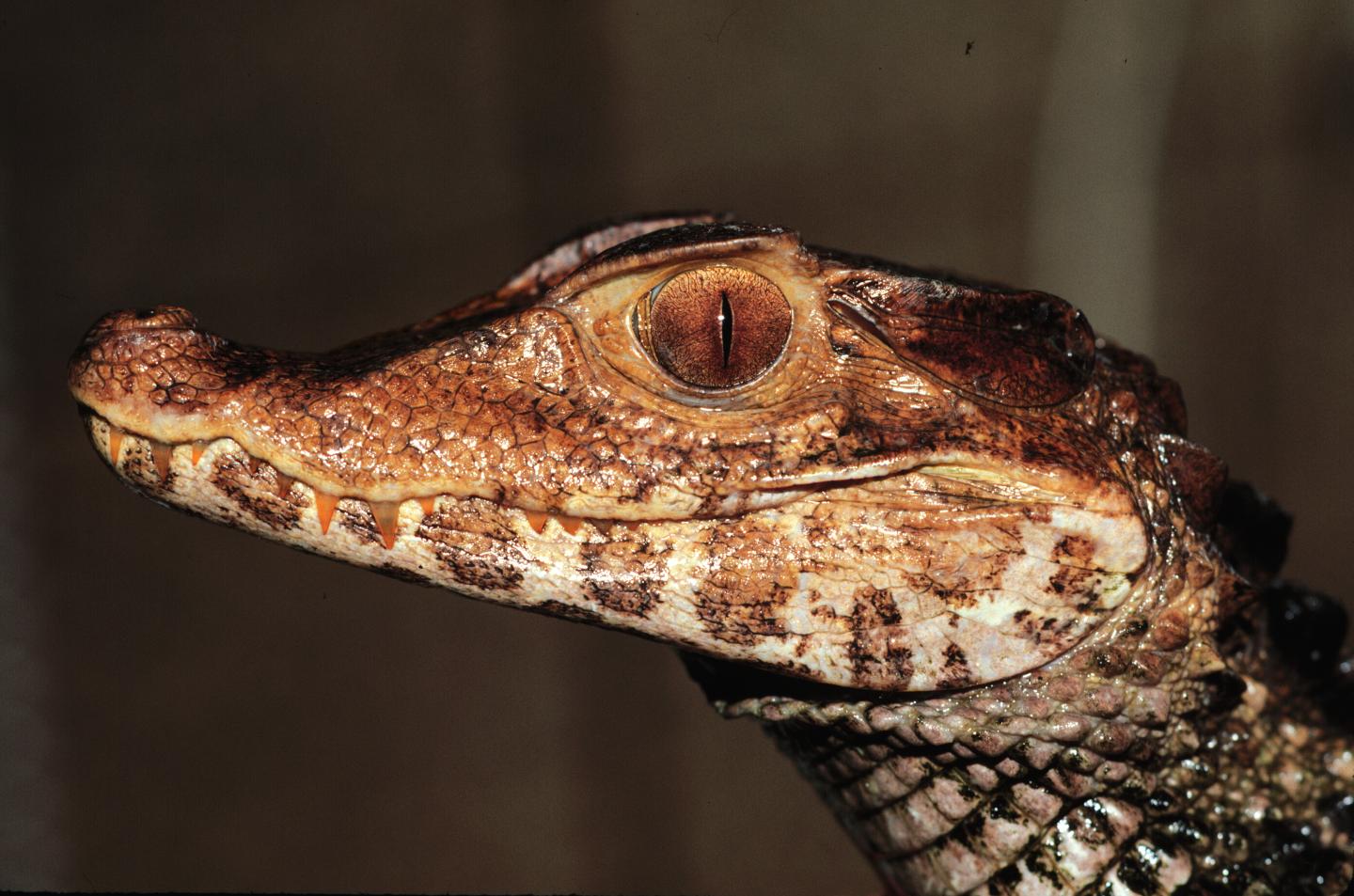
Credit: Credit: Kent Vliet/University of Florida.
The iconic “death roll” of alligators and crocodiles may be more common among species than previously believed, according to a new study published in Ethology, Ecology & Evolution and coauthored by a researcher at the University of Tennessee, Knoxville.
Contrary to popular belief, crocodiles can’t chew, so they use a powerful bite coupled with a full-bodied twisting motion–a death roll–to disable, kill, and dismember prey into smaller pieces. The lethal movement is characteristic of both alligators and crocodiles and has been featured in numerous movies and nature documentaries.
Until now, the death roll had only been documented in a few of the 25 living crocodilian species, but how many actually do it?
“We conducted tests in all 25 species, and 24 of them exhibited the behavior,” said lead author Stephanie Drumheller-Horton, a paleontologist and adjunct assistant professor in the Department of Earth and Planetary Sciences at UT.
For the research, Drumheller-Horton teamed up with Kent Vliet from the University of Florida and Jim Darlington, curator of reptiles at the St. Augustine Alligator Farm.
It was previously believed that slender-snouted species, like the Indian gharial, didn’t roll because their diets consist of small prey like fish, eaten whole.
But it turns out that feeding isn’t the only time the animals might roll.
“Aggression between individual crocodylians can become quite intense, often involving bites and death rolls in establishing dominance or competition for females,” Vliet said.
Paleosuchus palpebrosus, commonly called Cuvier’s dwarf caiman, is the only species that did not perform a death roll under experimental conditions. “Although, it’s also possible that they were just being uncooperative,” said Darlington.
And the fossil ancestors of modern crocodiles? If they share a similar body plan and lifestyle with their modern counterparts, it’s likely that they could death roll, too.
“Crocodile relatives have played the role of semi-aquatic ambush predator since the Age of Dinosaurs,” said Drumheller-Horton.
Whether in the Northern Territories of Australia, a lake in the Serengeti, or a watering hole in the late Cretaceous, chances are that a patient predator is waiting in the water to surprise its next meal with a burst of speed, a powerful bite, and a spinning finish.
###
CONTACT:
Andrea Schneibel (865-974-3993, [email protected])
Media Contact
Andrea Schneibel
[email protected]
Original Source
https:/
Related Journal Article
http://dx.




